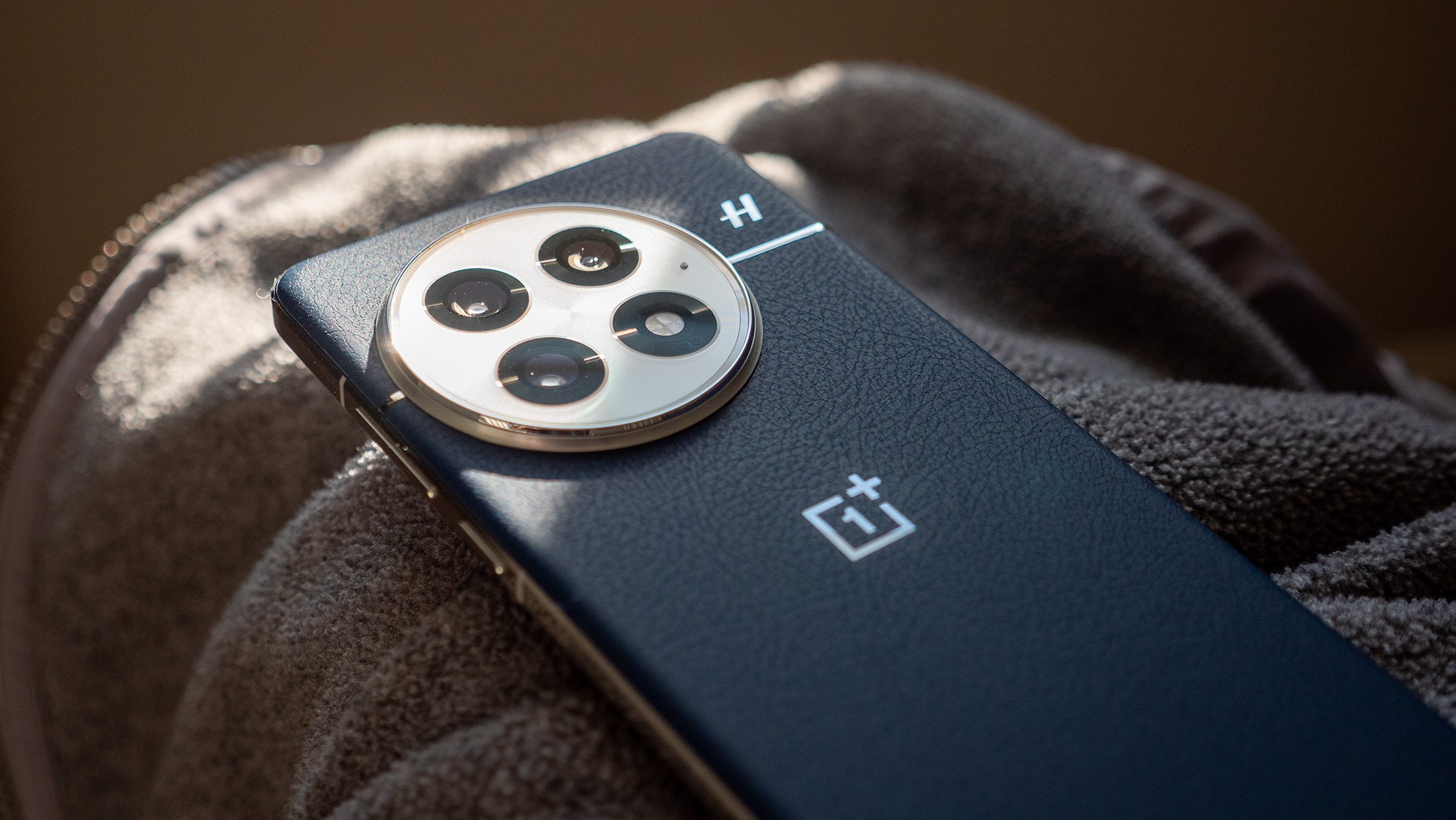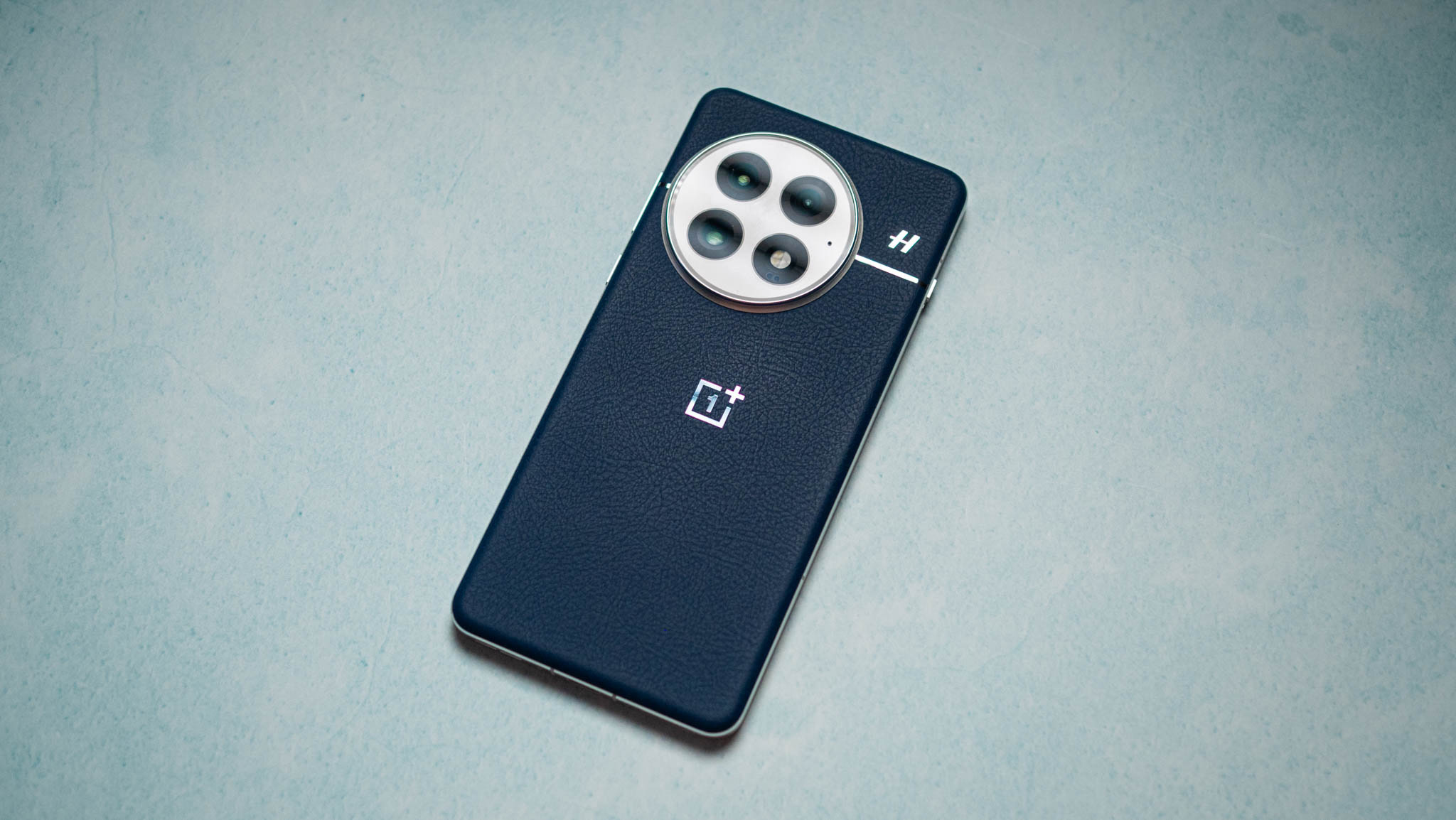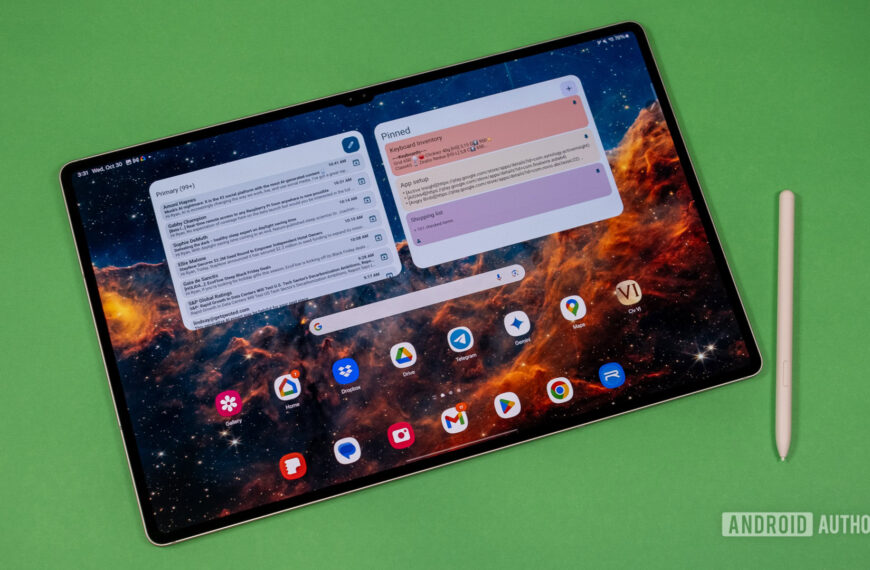What you need to know
- A report states two U.S. lawmakers have asked the U.S. Commerce Department to look into the Chinese OEM OnePlus over “security concerns.”
- The lawmakers have supposedly cited evidence that “indicates” OnePlus devices are collecting potential “sensitive personal information” and sending it back to Chinese-based servers.
- The U.S. has tangled with the likes of Huawei back in 2020 and, more recently, TikTok over similar issues.
Last Friday evening (June 27), word broke that two U.S. lawmakers have reportedly displayed interest in probing the Chinese OEM OnePlus over concerns.
The report was posted by Reuters, which claims to have observed a letter from two U.S. lawmakers who want to probe OnePlus over “security concerns.” The lawmakers, Representative John Moolenaar and Raja Krishnamoorthi, have apparently pushed the U.S. Commerce Department to look into OnePlus after alleging the devices are collecting user information “without explicit user consent.”
According to the two Representatives, this investigation would “determine” the types of information being collected by OnePlus devices, which could involve “transfers of sensitive personal information and screenshots.”
These lawmakers explain that this interest in an investigation is the result of an “analysis” by a commercial company. It’s been reported that the information provided “indicates” potential unwanted data collection by OnePlus devices, which is then sent to China-owned servers.
In its research, Reuters states the U.S. Commerce Department did not comment immediately about this potential probe. Android Central has reached out to OnePlus about this potential probe by the U.S. Commerce Department, but did not hear back in time for publication. We will update this article when we hear back.
Cause for Concern?

The U.S. government tangled with another recognizable Chinese brand back in 2020. Huawei came under fire after the DOJ (Department of Justice) indicted the OEM for racketeering and “stealing trade secrets.” This went on during President Trump’s first term, which granted the company a 45-day ban reprieve, but this was for companies here in the States.
In a statement, the Commerce Department stated the extension on the Temporary General License was to prevent any “disruption” of network communication systems for those in rural areas. Huawei tried to combat its U.S. ban, calling it “unconstitutional;” however, it was quickly refuted by a judge who dismissed the lawsuit.
On the other hand, hearing “security concerns” reminds us of another ongoing situation in the U.S.: TikTok. In 2022, the ByteDance-owned app was under fire for the belief that it was collecting U.S. user data, which was then being accessed in China. At the time, the U.S. Federal Communications commissioner, Brendan Carr, stated, “it harvests swaths of sensitive data that new reports show is being accessed in Beijing.”
We’ve since gone through a TikTok ban—and its return—and we’re still dealing with it today, as Trump granted the app a 75-day reprieve back in April. While the Trump Administration has expressed its interest in keeping the app around, it wants to do so in a way that ByteDance isn’t comfortable with. The company has stated it would rather drop its U.S.-based audience completely rather than sell it off.





















